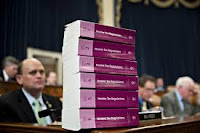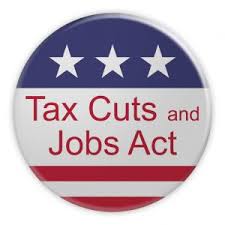The Treasury Department and the IRS issued final regulations and three related pieces of guidance, implementing the new qualified business income (QBI) deduction (section 199A deduction).
The new QBI deduction, created by the 2017 Tax Cuts and Jobs Act (TCJA) allows many owners of sole proprietorships, partnerships, S corporations, trusts, or estates to deduct up to 20 percent of their qualified business income. The guidance includes:
- A set of regulations, finalizing proposed regulations issued last summer
- A new set of proposed regulations providing guidance on several aspects of the QBI deduction, including qualified REIT dividends received by regulated investment companies
- A revenue procedure providing guidance on determining W-2 wages for QBI deduction purposes
- A notice on a proposed revenue procedure providing a safe harbor for certain real estate enterprises that may be treated as a trade or business for purposes of the QBI deduction.
The corrections include, among other edits, corrections to the definition and computation of excess section 743(b) basis adjustments for purposes of determining the unadjusted basis immediately after an acquisition of qualified property, as well as corrections to the description of an entity disregarded as separate from its owner for purposes of section 199A and §§1.199A-1 through 1.199A-6.
Contemporaneously the IRS issued:
- Notice 2019-07 which contains a proposed revenue procedure that provides for a safe harbor under which a rental real estate enterprise will be treated as a trade or business solely for purposes of section 199A of the Internal Revenue Code (Code) and sections 1.199A-1 through 1.199A-6 of the Income Tax Regulations (Regulations) (26 CFR Part 1), which are being published contemporaneously with this notice. and
- Revenue Procedure 2019-11 provides methods for calculating W-2 wages, as defined in section 199A(b)(4) and section 1.199A-2 of the Income Tax Regulations, (1) for purposes of section 199A(b)(2) of the Internal Revenue Code (Code) which, for certain taxpayers, provides a limitation based on W-2 wages to the amount of the deduction for qualified business income (QBI); and (2) for purposes of section 199A(b)(7), which, for certain specified agricultural and horticultural cooperative patrons, provides a reduction to the section 199A deduction based on W-2 wages.
Read more at: Tax Times blog











